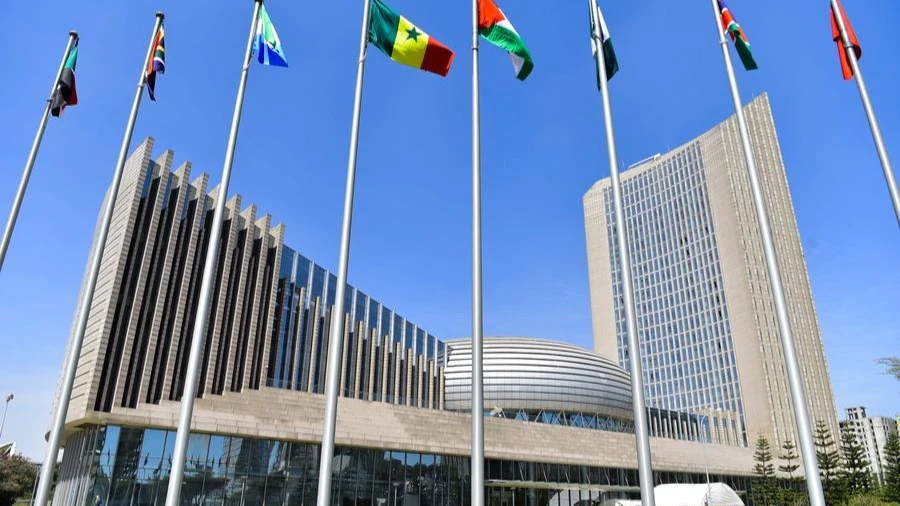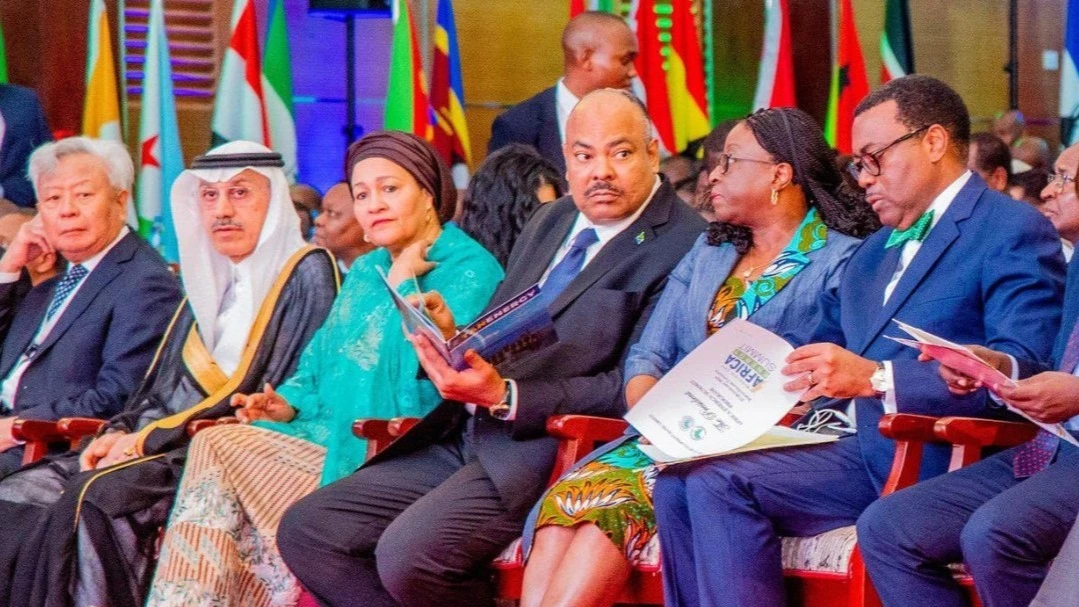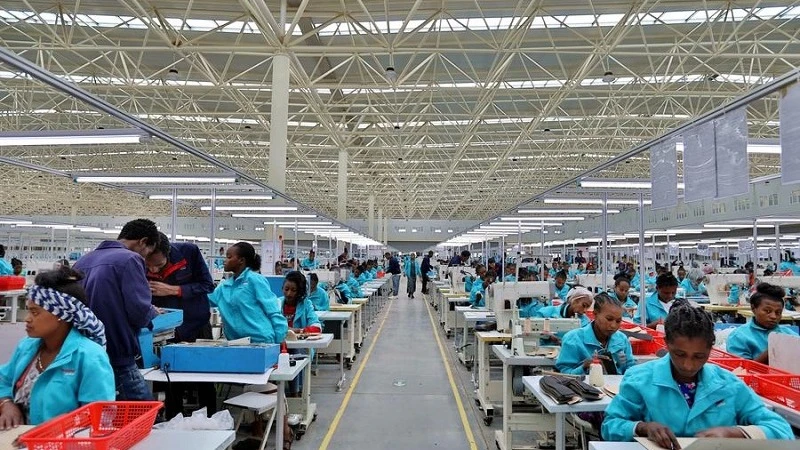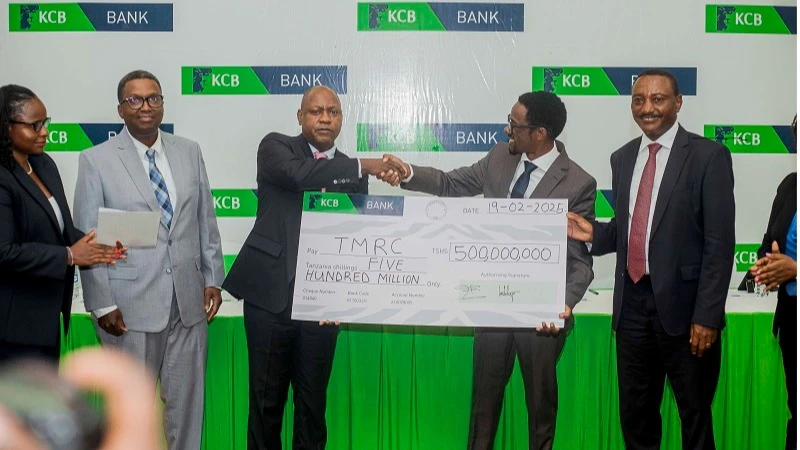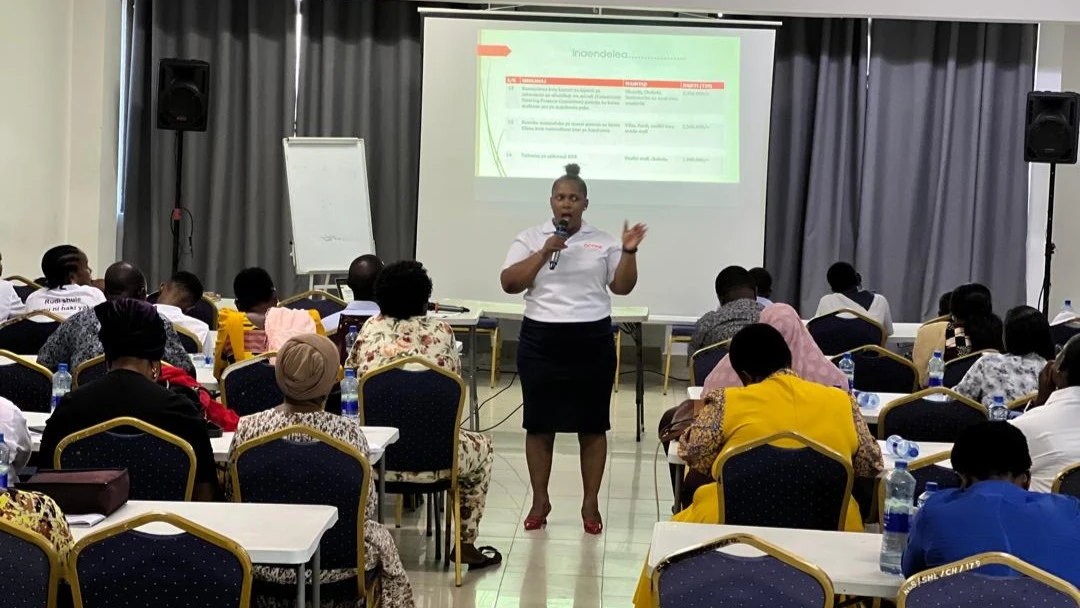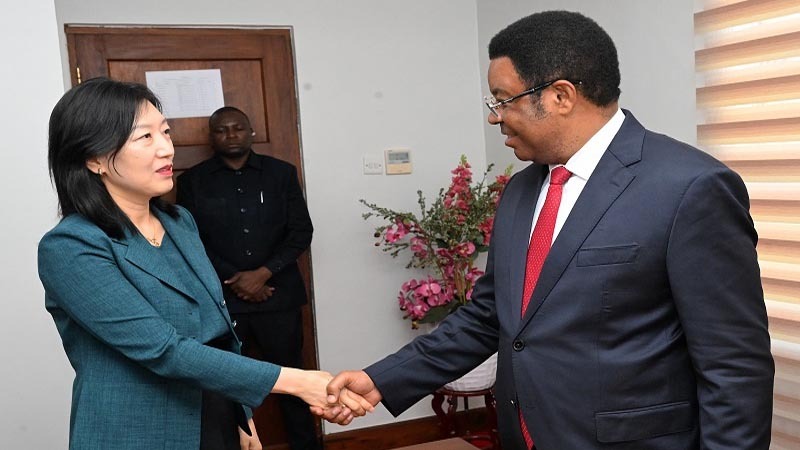NFRA unveils achievements, plans to improve food exports
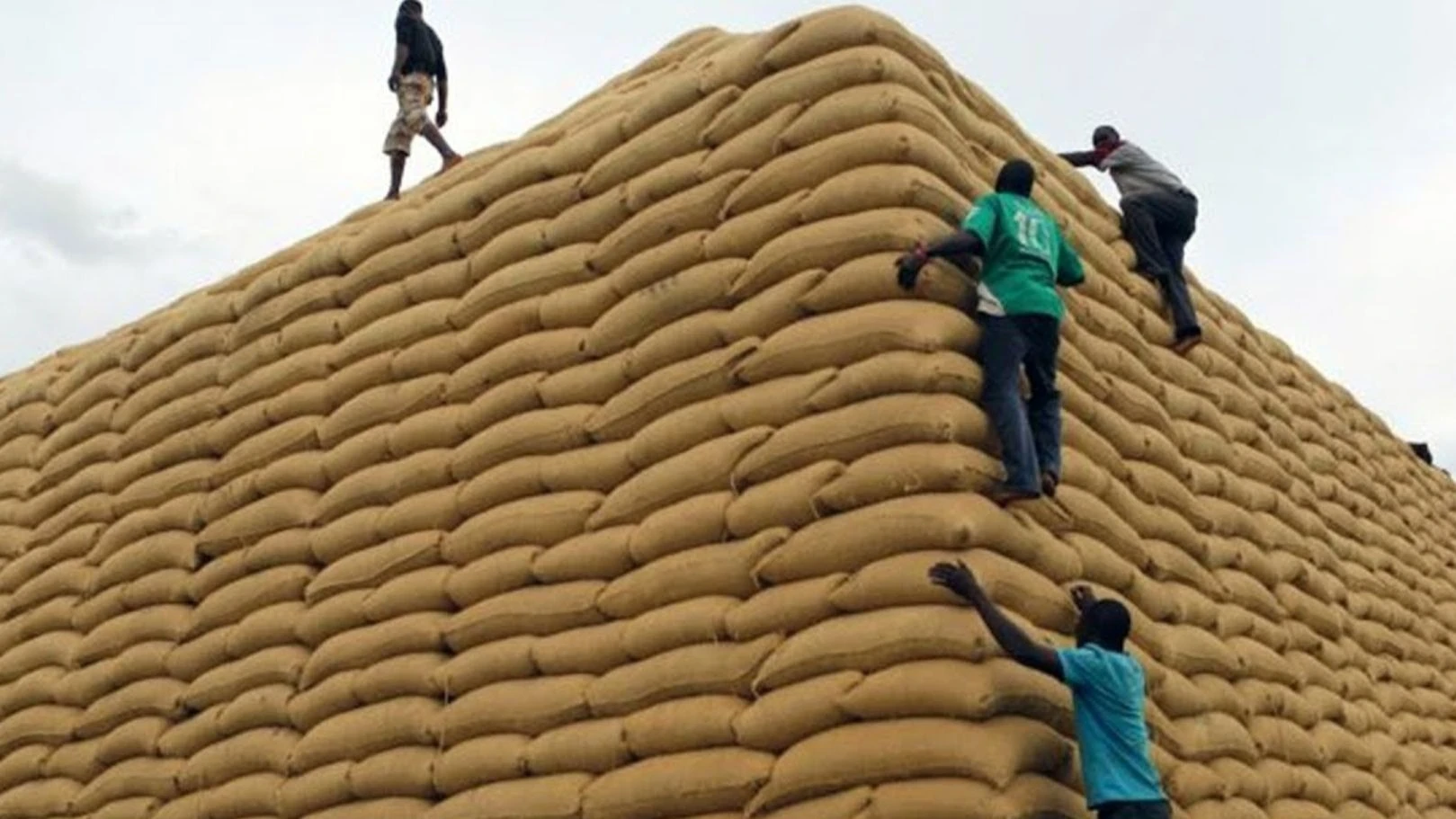
THE National Food Reserve Agency (NFRA) has unveiled achievements recorded in four years as it moves to invest in infrastructure to improve performance, and increases collaboration with various stakeholders.
The achievements are meant towards ensuring that the country has sufficient food reserves and can export surplus food to boost farmers' incomes and earn foreign exchange for the country.
Dr Andrew Komba, NFRA director-general says the achievements made during the four years are impressive.
The achievements include NFRA adopting a digital system, having adequate food reserves to handle food crises, reducing inflation, providing various storage services, and buying and selling surplus food abroad to raise farmers' incomes and increase the country's revenue.
“This digital system has been a savior for farmers as it helps to quickly and efficiently send information about grain sellers to the relevant places, thus simplifying the payment process,” says Dr Komba.
He further explains that four years ago, NFRA had the capacity to sell only between 50,000 and 60,000 tonnes of grain, but after strengthening its capacity, its performance improved, and two years ago, it sold 600,000 tonnes as citizens began practicing more productive agriculture and producing higher quality crops in line with expert guidance, particularly in maize and rice farming.
“These achievements are due to the empowerment provided by the sixth phase government in strengthening NFRA,” says Dr Komba.
This success is attributed to the collaboration with the government through the Ministry of Agriculture to ensure that the Agency provides quick and efficient services at all its purchase points across the country.
“Within the Ministry of Agriculture, we have been working with stakeholders including the Tanzania Plant Health and Pesticides Authority (TPHPA), Tanzania Bureau of Standards (TBS), Tanzania Agricultural Research Institute (TARI), Sokoine University of Agriculture (SUA), Sugar Board of Tanzania (SBT), Cereals and Mixed Crops Regulatory Authority (COPRA), Tanzania Cooperative Development Commission (TCDC), National Irrigation Commission (NIRC), Tanzania Fertilizer Regulatory Authority (TFRA), and the Cereal and Mixed Crops Board (CPB),” says Dr. Komba.
Outside the Ministry of Agriculture, the agency has been collaborating with various institutions, including the Tanzania Commodity Exchange (TMX), which helps NFRA reach maize buyers, and the Warehouse Receipt System Board (WRSB), which works on improving storage systems through warehouse management, ensuring fairness, and facilitating sustainable financial services, market systems, and competitive pricing.
Additionally, NFRA works with the Zanzibar government in carrying out its tasks.
“On December 21, 2023, we signed a memorandum of understanding with the Ministry of Agriculture, Irrigation, Natural Resources, and Livestock of the Revolutionary Government of Zanzibar (WKUMM) on matters related to grain purchasing and sales, food reserve storage, exchange of experiences, and capacity building in food reserve management,” says Dr Komba.
Dr Komba explains that the Agency carries out its duties nationwide through 72 purchasing points strategically located across eight regions, considering areas with high, average, and low grain production levels (Makambako, Songea, Sumbawanga, Songwe, Dodoma, Arusha, Kipawa, and Shinyanga).
“Through its purchasing points, NFRA has been promoting economic opportunities for various sectors through transportation, temporary employment for local workers around the purchasing areas, and tax payments to the local governments where the purchases occur, thus contributing to the growth of the agricultural sector,” says Dr Komba.
To ensure that smallholder farmers benefit from agriculture in overcoming economic challenges, NFRA has fully committed itself to finding markets for the grain.
He mentions that in June last year, they signed a partnership agreement with the Cereal and Mixed Crops Board (CPB) and the World Food Programme (WFP) for the purchase of maize from NFRA and CPB, which started in July last year.
“This contract is valued at $22 million, involving the purchase of 60,000 tonnes of maize from farmers. This step helped resolve the challenges related to market access and prices for farmers, as the government announced a reference price for purchasing the crops,” says Dr Komba.
In 2024, NFRA successfully secured a contract to sell 650,000 tonnes to Zambia, and as of now, half of these tons have already been delivered to the country, with the contract set to conclude in May of this year.
NFRA also managed to sell another 500,000 tonnes to the Democratic Republic of Congo (DRC) and 35,000 tonnes to the World Food Programme (WFP). Through these contracts, NFRA has successfully sold a total of 1,185,000 tonnes of grain.
In addition to markets in Zambia and DRC, Malawi and Zimbabwe, Dr Komba also notes that Mozambique has submitted a request to purchase grain from the Agency.
Currently, Malawi has entered into a contract with NFRA to buy about 50,000 tonnes of food, and of those, they have already signed an agreement to take an initial 20,000 tonnes. These efforts are part of President Samia Suluhu Hassan's work to create a favourable business environment and empower the agency to ensure the country's economy grows through the agricultural sector.
“We have been increasing our efforts in selling surplus food to meet the demands of the international market while benefiting many farmers through the food we purchase from them for domestic storage and export,” says Dr Komba.
He emphasizes that NFRA’s primary role is to seek international markets to increase the efficiency of the value chain in the agricultural sector.
Dr Komba mentions that the agency has been encouraging citizens to practice modern and productive farming to ensure that they produce high-quality crops that meet international market standards, as this is the only way NFRA can secure reliable markets.
“We have been working closely with the Ministry of Agriculture to ensure that farmers have a shared understanding of agribusiness, producing crops that meet international market standards. By doing so, they will secure reliable markets,” said Dr Komba.
Since its establishment, NFRA has successfully carried out its tasks, including purchasing grain for food reserves each year, selling surplus grain in both domestic and international markets, which helps reduce food price inflation and enables the government to earn foreign exchange from grain exports.
THE establishment of NFRA was triggered by the drought that occurred between 1973 and 1975, during which Tanzania experienced a significant food shortage. This led to the country failing to meet its domestic food demands and having to import food from abroad.
This situation prompted the government to establish the so-called National Strategic Grain Reserve (SGR) in 1976 as a strategy to combat potential future food shortages.
To strengthen its capacity, the SGR underwent various structural changes, and it was at this point that NFRA was formed to take over the responsibilities of SGR in order to enhance the efficiency of its operations.
Thus, NFRA was officially established in 2008 through Government Notice No. 81 dated June 13, 2008, and was later renewed through Government Notice No. 120 in 2016.
Top Headlines
© 2025 IPPMEDIA.COM. ALL RIGHTS RESERVED












